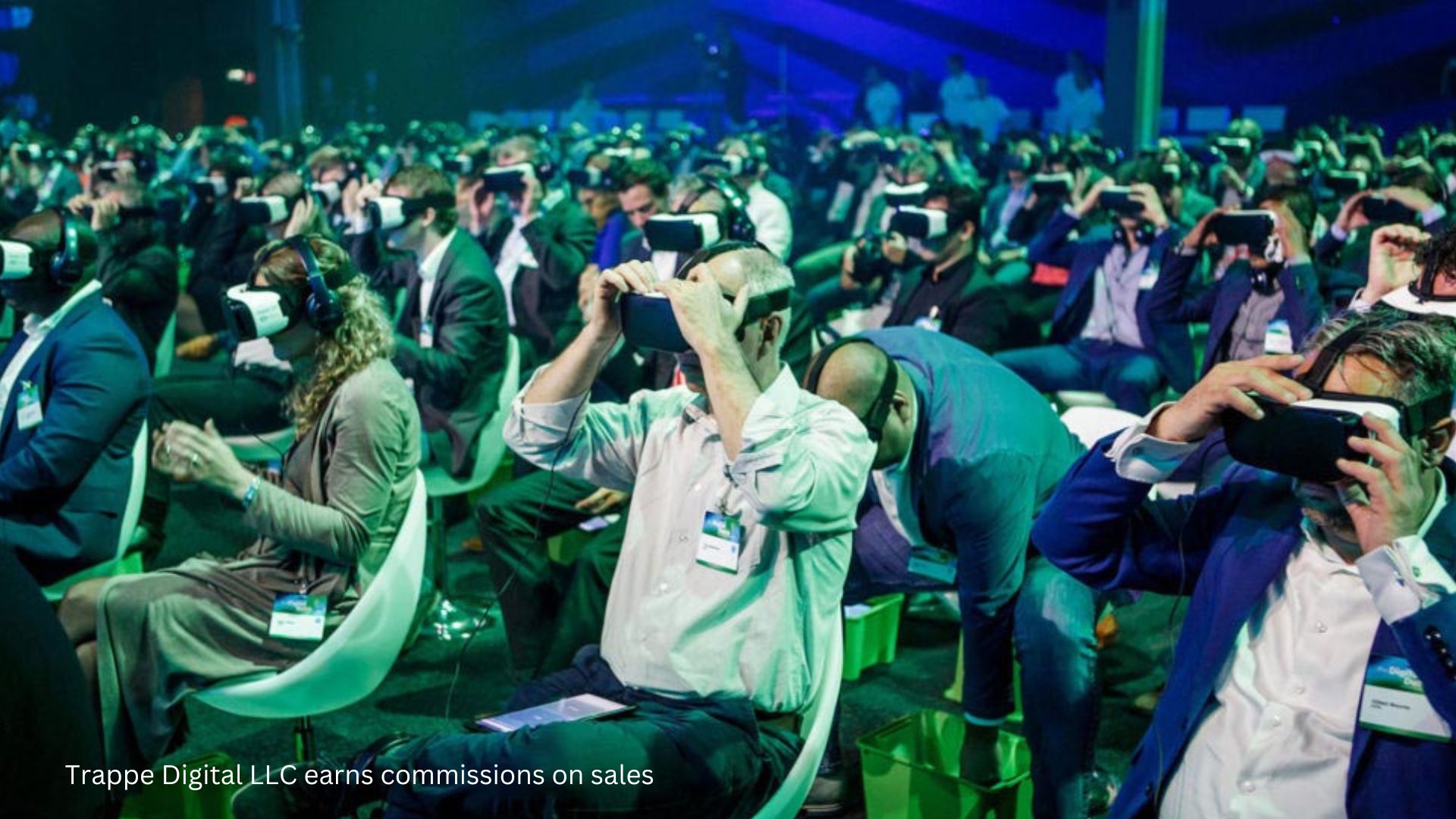Trappe Digital LLC may earn commission from product clicks and purchases. Rest assured, opinions are mine or of the article’s author.
One of the things I’ve complained about before is that virtual reality content consumption can be cool but also too isolating. For example, you can’t sit next to each other and enjoy the same VR content together – like you would if you were watching a TV show while sitting on the couch next to each other.
But, it is possible to VR sync (aka watch virtual reality together), and that can be useful in several instances.
In this article, I discuss the following:
- What does it mean to VR sync and watch virtual reality together?
- Why would we want to watch VR together?
- The use cases
- Technical setup
What does it mean to VR sync and watch virtual reality together?
To enjoy virtual reality together means that we are looking at the same content simultaneously. That could be a virtual reality presentation, a video, or an on-location experience. The trick is that there is a reason to have that simultaneous experience.
For example, when Amazon had Amazon Explore and offered remote tours of cities and places around the world, it could make sense to have those in VR, and you can take the tour with others around the world at the same time, just like people meet people when they hop on a tour bus.
Why would we want to watch VR together?
I think of when a couple watches a movie on the plane and starts it simultaneously, even though it’s being shown on different screens. Why do they do that? So they can react together to situations as they unfold in the movie. It’s a shared experience.
The concept of watching VR together is no different: It gives people the chance of a shared experience in real time.
The use cases
This setup can be used for the following:
- events
- presentation
- education
- on-location – like during a tour where you want to show the same content.
Deciding on your use case
Which use case is best for your company depends on the following:
- The goals of the experience
- What content would work best for your scenario?
- Determine if the content exists in a usable format or needs to be produced.
- Identify the workflow to produce the experience.
- Set realistic timelines and use best practices in project management. Consider having a certified project manager on the team.
- Budget: Nothing is free, but costs can be managed by being realistic, knowing what we want to do, and using the right tools.
Before starting, be clear that VR will make the experience better and not more cumbersome. VR expert Parker Howell said on “The Business Storytelling Show” that not all experiences should be in VR. For example, what’s the point of having Zoom calls in VR if people sit in their home office? There’s likely no added value.
But, police officers training together using VR can help them become better and go through more life-like scenarios, Parker said. So, as you embark on standing out through virtual reality experiences, make sure it makes sense for the specific use case of yours.
Technical setup
Strategy and tech don’t always align, so it’s essential to ensure that the idea can be executed. If you haven’t, consider seeing what can and is already being done regarding VR. From there, consider what equipment is needed and when it will be needed.
You can also rent VR equipment for a specific amount of time.
So, these kinds of projects and setups can help companies stand out. Especially since VR is still new, the newness factor can get people engaged with the content. In addition, the content can be more engaging for the audience, which is good as brands attempt to build a relationship with their employees, customers, and consumers.




